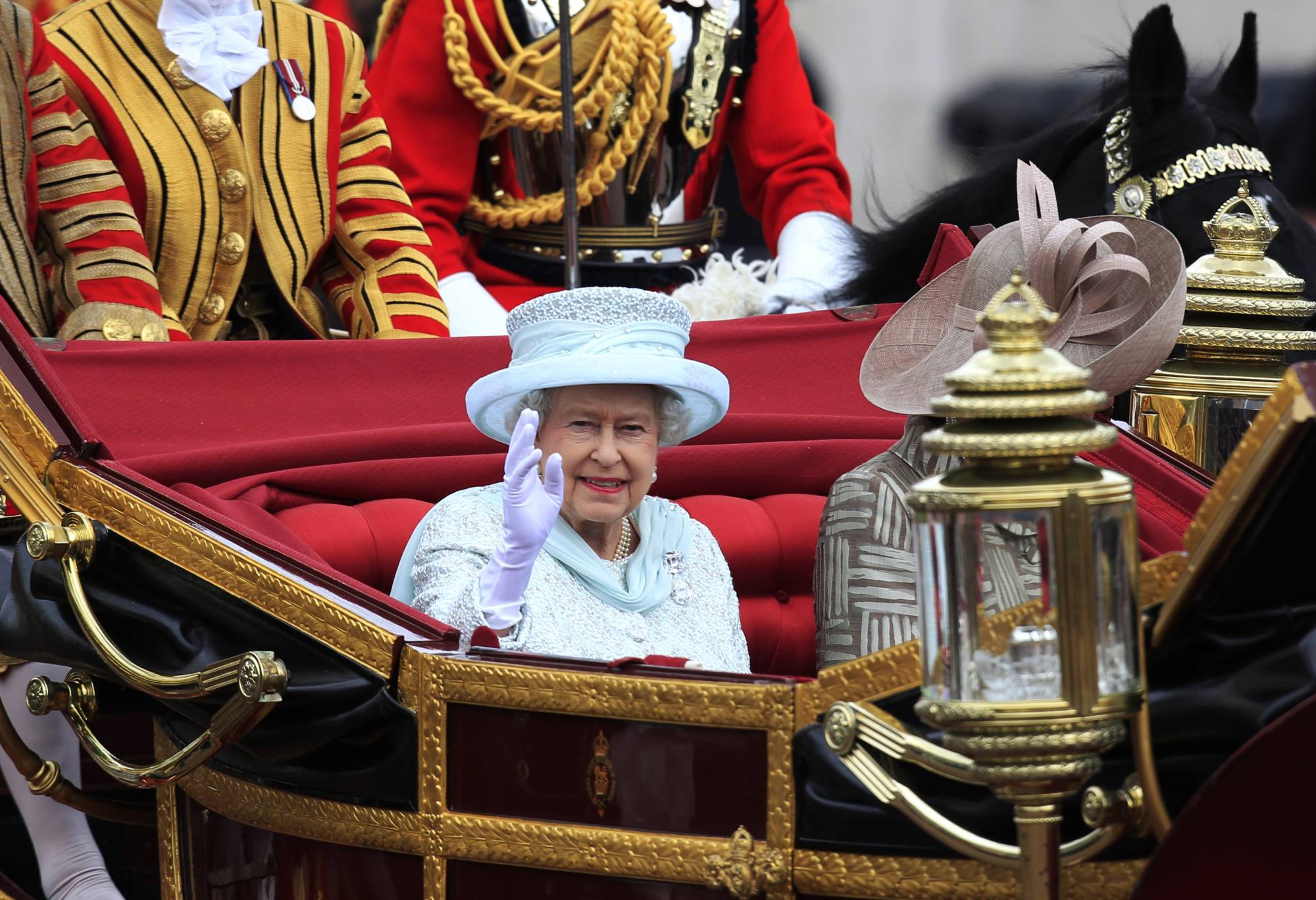The death of Queen Elizabeth II marks the end of an era, not only for the United Kingdom, but for the entire world. She was a remarkable woman, steadfast in her commitment to duty — to her country and her Commonwealth — who exuded both confidence and a certain humility. As queen, she invariably put the demands of her position — it feels tawdry to call it “a job” — above whatever personal impulses she might have felt.
As the longest-serving monarch in British history, she witnessed extraordinary events. Since ascending to the throne, however, perhaps the most enduring trend has been her country’s struggle to find its place in a world.
The second half of the 20th century has not been kind to Great Britain. The Commonwealth, of which she was a symbol, has been transformed, and her passing has, amidst the outpouring of grief, also prompted a spirited debate about the meaning of the British Empire and her — and her family’s — role within it.


















With your current subscription plan you can comment on stories. However, before writing your first comment, please create a display name in the Profile section of your subscriber account page.